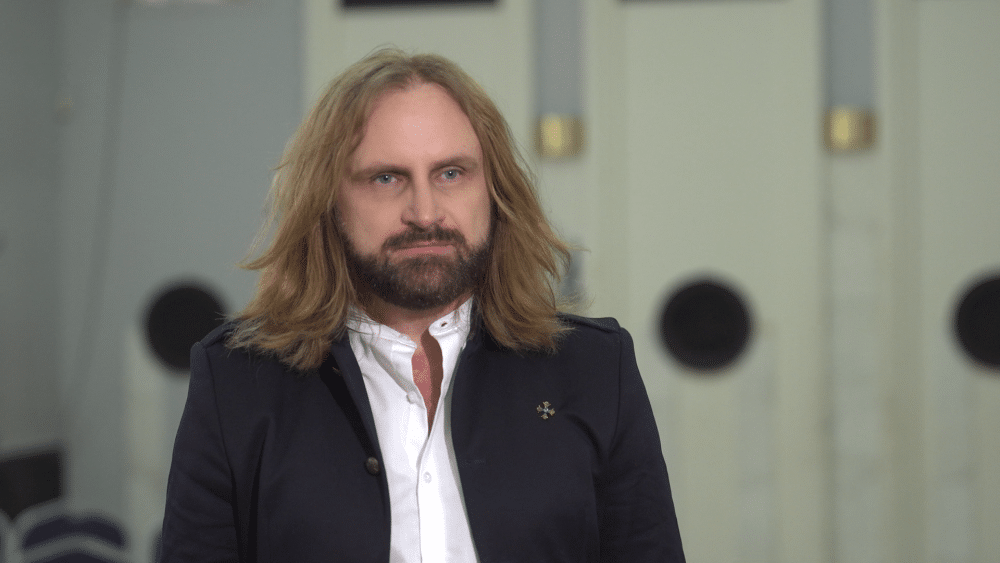Nearly 80% of Poles consider pneumonia a dangerous disease, with a similar percentage fearing it to some extent. However, knowledge about pneumococci – the cause of most community-acquired pneumonia- is remarkably low, as is the rate of vaccination against this bacteria. This is according to a report by IPPEZ “Polish Women and Men and Pneumonia and Pneumococci”. Especially among seniors, the awareness of the problem is virtually non-existent, although they feel the most threatened by pneumonia. This translates into a low level of preventive actions taken, even though seniors can benefit from free flu and pneumococcal vaccinations during a single visit to their family doctor.
Despite the majority of surveyed Polish women and men perceiving pneumonia and pneumococci as serious health threats, the older the individuals, the greater the fear of pneumonia, but simultaneously, the less knowledge about pneumococcal vaccinations and lower willingness to get vaccinated. Conversely, younger people, even though they are less afraid of the disease, have more knowledge about vaccinations and are more likely to decide to get vaccinated.
“Pneumonia, contrary to our simple associations, doesn’t just affect the lungs. During this severe disease, there can be impairments in many organs’ function, and often these changes are irreversible. You cannot separate the lungs from the heart, nervous system, and kidneys – you can’t say the disease is just in one place,” says Dr. Ernest Kuchar, a specialist in infectious diseases and head of the Pediatric Department of the Warsaw Medical University Medical Clinic.
Pneumococcal infections are increasingly resistant to antibiotics, making them difficult to treat. On average, inpatients with pneumonia – pneumococcal as well – stay in hospital for over 12 days, with one in eight requiring Intensive Care Unit treatment or needing to be put on a ventilator.
“Pneumococci can also cause sepsis and purulent meningitis in addition to pneumonia. Fortunately, these diseases are much rarer than pneumonia. However, I’ll say it clearly: you recover from pneumonia, but you’re not the same person as before its onset,” stresses Dr. Kuchar.
Pneumococcal infections occur in all age groups, but small children under two years old and older people over 65 are most at risk. However, children are often protected thanks to mandatory vaccinations.
According to the IPPEZ study, less than 10% of respondents have been vaccinated against pneumococci. One-fifth didn’t get vaccinated because they were unaware of the existence of a vaccine, and nearly 42% decided against it even though they knew of the possibility.
“Generally, those who are at risk of getting ill should get vaccinated. In adults, older people – say, from 50, 60, or 65 years old, but also younger people with chronic diseases are at risk,” says Dr. Kuchar.
Since September 2023, the pneumococcal vaccine has been free for individuals over 65 with an increased risk of pneumococcal disease. The vaccination can be done on one doctor’s visit, along with the flu shot, and what’s important – it doesn’t need to be repeated annually.
“The best time to get vaccinated is when you have the time, in other words, as soon as possible. We know the factors that favor pneumococci, we know that viral infections like the flu, RSV, or COVID-19 pave the way for pneumococci, and these are random issues. We know that there are more lower respiratory tract infections during the colder time of the year, so now is a great time to get vaccinated against pneumococci,” emphasizes Dr. Kuchar.
